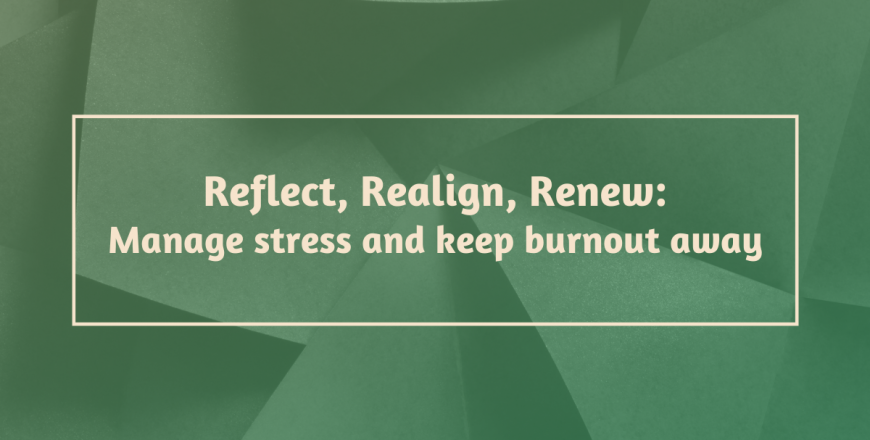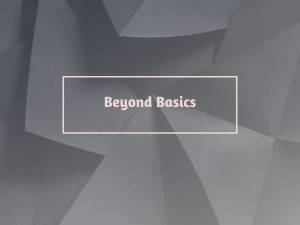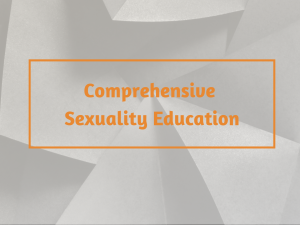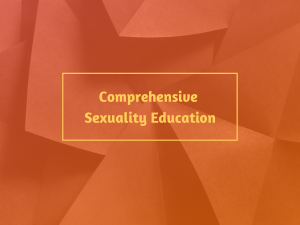Through ‘Reflect, Realign, Renew: Manage stress and keep burnout away’ we hope to help learners conceptually and experientially understand stress and burnout, and locate their unique causes of stress at the individual, institutional and systemic levels. The course helps the learner understand how one’s Gender, Sexuality and other identities can influence stress and burnout, because understanding that each person experiences stress in unique ways will help the learner broaden their perspective of stress and its implications. The course looks at stress not just as an individual concern, but also as a result of the institutions and systems one is a part of. It highlights issues of stress and burnout among people doing people work, whether paid or unpaid, such as caregiving, counselling and activism.
The course presents various techniques and tools that are simple and applicable in learners’ self-care and collective care practices. At the end of the course learners will also be able to create or renew their menu of practices to nurture their Wellbeing.
The course encourages learners to understand related concepts, reflect on their thoughts, and create their menu of practices through:





